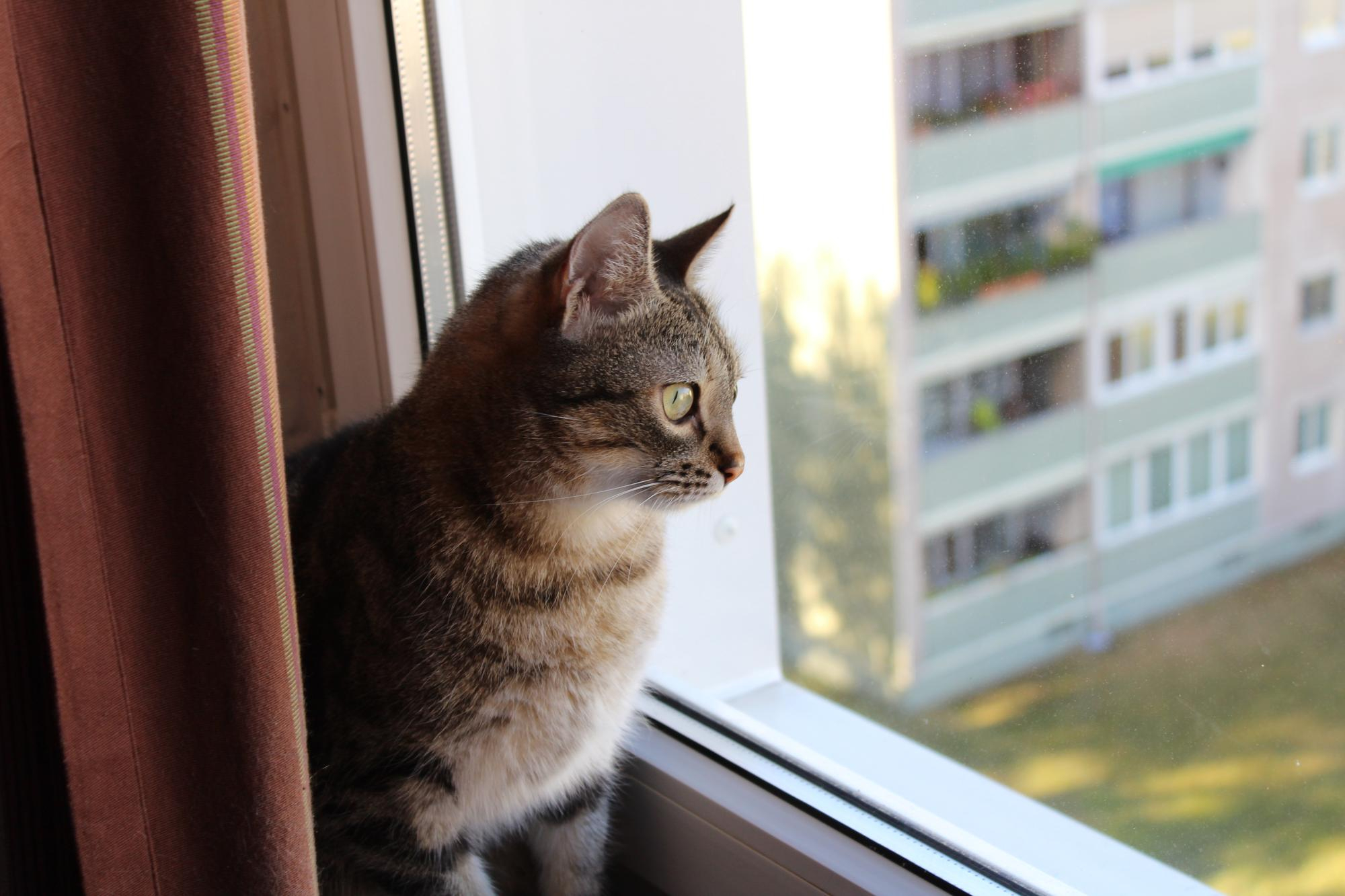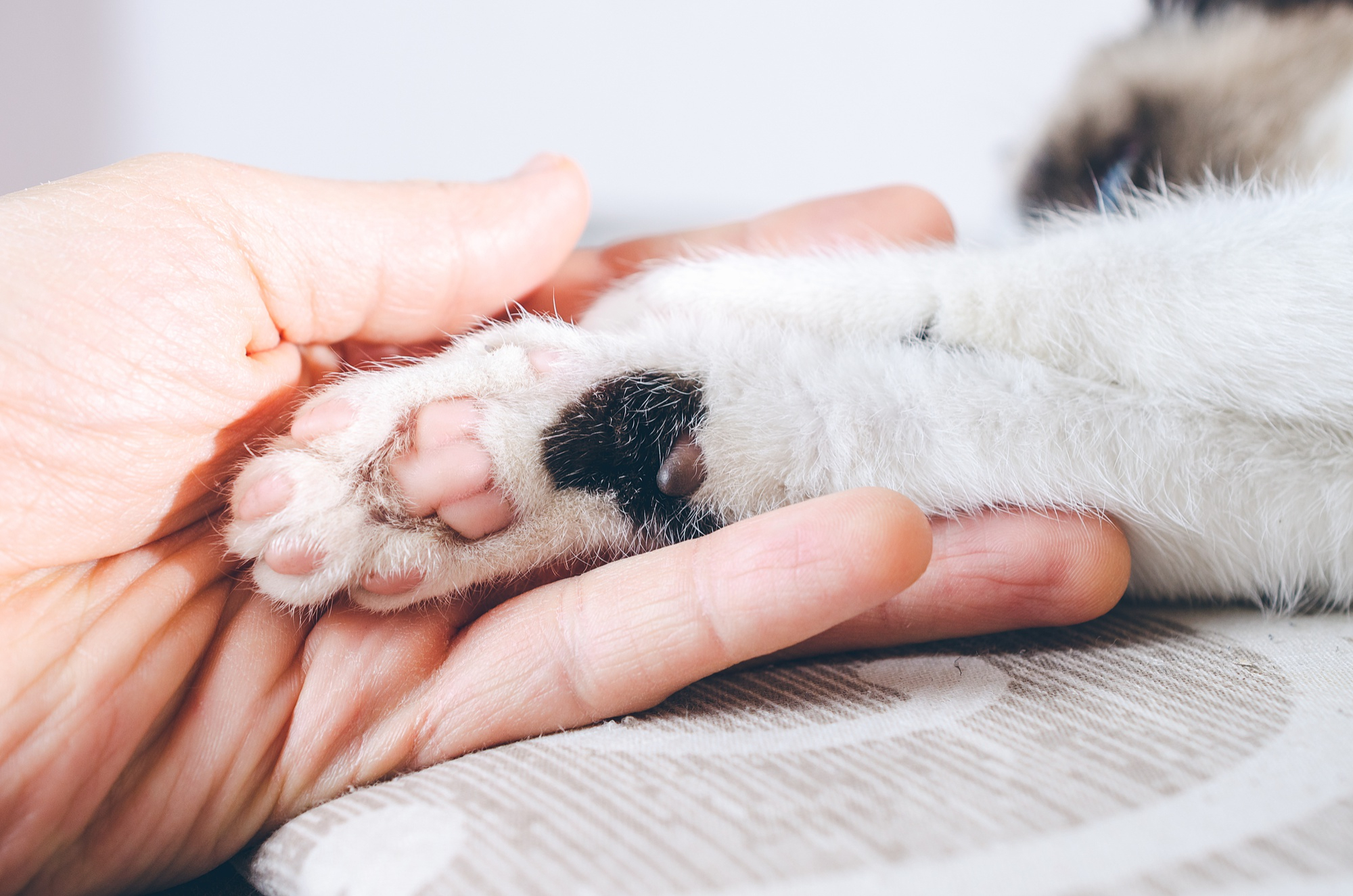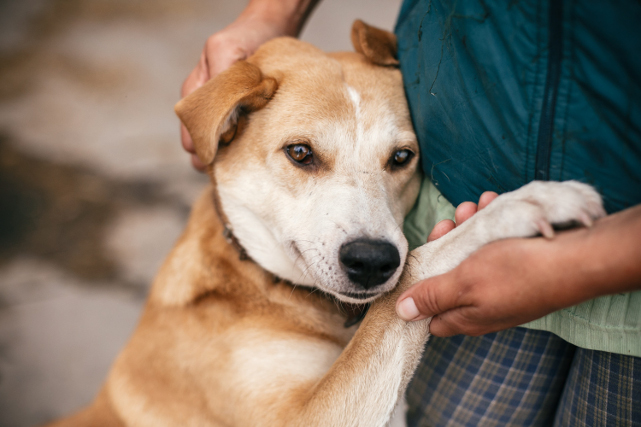In North America, vets and pet owners acknowledge February as Pet Dental Month—of course, taking care of your pet’s dental health is vital year-round. Dental issues and disease are, sadly, very common health concerns in pets. Whether it’s halitosis (otherwise known as bad breath) in a dog or periodontal disease (sore, infected teeth and gums) in your cat, there are several problems that can arise from poor dental hygiene and care.
In this guide, we’ll explain the most important facts about dental and oral care for pets, going over its importance as a preventive measure against many medical concerns. We’ll outline some great habits to get into with your pet’s dental health, helping to protect them and keep them safe and healthy year-round.
Benefits of Good Pet Dental Care
What if you went six months without brushing your teeth? Odds are, people wouldn’t be so keen to be around you. You’d also be at much higher risk of dental disease and other medical issues. The same is true of our pets, who require special dental care to prevent all manner of problems.
The obvious benefit is healthy teeth and decent-smelling breath. However, good dental care also protects the roots of the teeth, prevents cavities, and maintains the health of the gums. It stops dental infections, which can lead to infections in the heart or kidneys if left untreated. Here are just a few of the conditions that dental care can prevent in your pet:
- Plaque and tartar build-up
- Halitosis (bad breath)
- Gingivitis (gum infection)
- Periodontal disease
- Loose, fractured, or missing teeth
- Oral infections
What Does Good Pet Dental Care Look Like?
The gold standard of dental care for pets is the same as it is for humans: daily (or ideally, twice-daily) teeth brushing. While flossing would be ideal too, floss doesn’t really exist for pets for obvious reasons. So instead, we supplement a good brushing routine with dental chews and treats. These help to minimize plaque buildup, which goes a long way in preventing many of the issues listed above.
To round out a complete dental care plan for your pet, they need to receive an annual oral examination performed by your veterinarian. They can give your pet’s mouth and teeth a much closer look, using specialized tools, techniques, and knowledge to identify issues that might be harder for pet owners to spot on their own.
This personalized level of care is what makes veterinary dental exams so essential. While anyone can get in the habit of brushing your dog’s teeth, it takes years of training and experience to identify certain dental issues before they become more serious. And in the meantime, they can use their knowledge to offer guidance for your specific pet.
A Note on ‘Non-Sedation’ Dentistry
In recent years, it’s become a trend for pet owners to pursue something called ‘non-sedation dentistry’ for their pets. In this practice, the pet’s teeth are cleaned without any anesthetic or sedation. This form of teeth cleaning is not recommended or approved by the vast majority of veterinarians in Canada. In fact, it’s actually considered malpractice in some provinces. This form of animal dentistry misses the point of dental care for pets, focusing on cosmetics rather than the proven health benefits. Dental health care is a science, not an art.
Proper dental care for pets is the same as for humans, only pets must be under some form of sedation. We can’t explain what we’re doing to a dog like we can to a human, so to pets the process can be very stressful and even frightening. There are also some pets who have a strong aversion to having their teeth cleaned, making regular oral care all the more difficult for both the pet owner and their vet.
By sedating the pet, we get the chance to thoroughly clean and examine the mouth, avoiding stress on the pet and keeping staff safe at the same time. Sedation allows us to completely remove tartar and plaque from the teeth, clean below the gum line, polish the teeth, perform dental x-rays, or extract teeth if necessary.
Is It Time to Check Your Pet’s Teeth?
For the average pet, it’s important that a veterinarian checks their dental health at least once a year. If your pet is older or has specific health conditions, it might be recommended to have them examined more frequently. So if it’s been more than a year, or you’re not sure when your pet’s dental health was last checked, it’s time to book an appointment.
Creative Commons Attribution: Permission is granted to repost this article in its entirety with credit to Hastings Veterinary Hospital and a clickable link back to this page.






